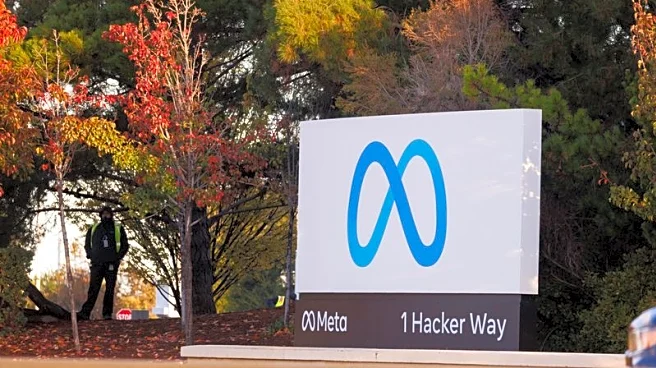What's Happening?
Several influential thinktanks in Australia, including the Australia Institute, Centre for Independent Studies, and Institute of Public Affairs, are facing scrutiny over their refusal to disclose major donors. These organizations argue that revealing donor identities could expose them to political attacks. However, other thinktanks advocate for transparency, suggesting that disclosure is crucial for maintaining public trust and ensuring that policy debates are open and fair. The debate highlights differing views on the balance between privacy and accountability in the sector.
Why It's Important?
The transparency of donor information is a significant issue in the thinktank sector, impacting public trust and the perceived integrity of policy advocacy. The refusal to disclose donors raises questions about potential influence from commercial interests, which could affect policy recommendations. This debate is relevant not only in Australia but also in other countries where thinktanks play a crucial role in shaping public policy. Transparency in funding sources is essential for ensuring that research outputs are guided by evidence rather than donor preferences.
What's Next?
The ongoing debate may lead to calls for uniform disclosure rules across the thinktank sector, providing clear expectations for transparency. Such measures could enhance trust and credibility, ensuring that policy advocacy is perceived as unbiased and evidence-based. Stakeholders, including government bodies and civil society organizations, may push for regulatory changes to address these concerns and promote greater accountability.










